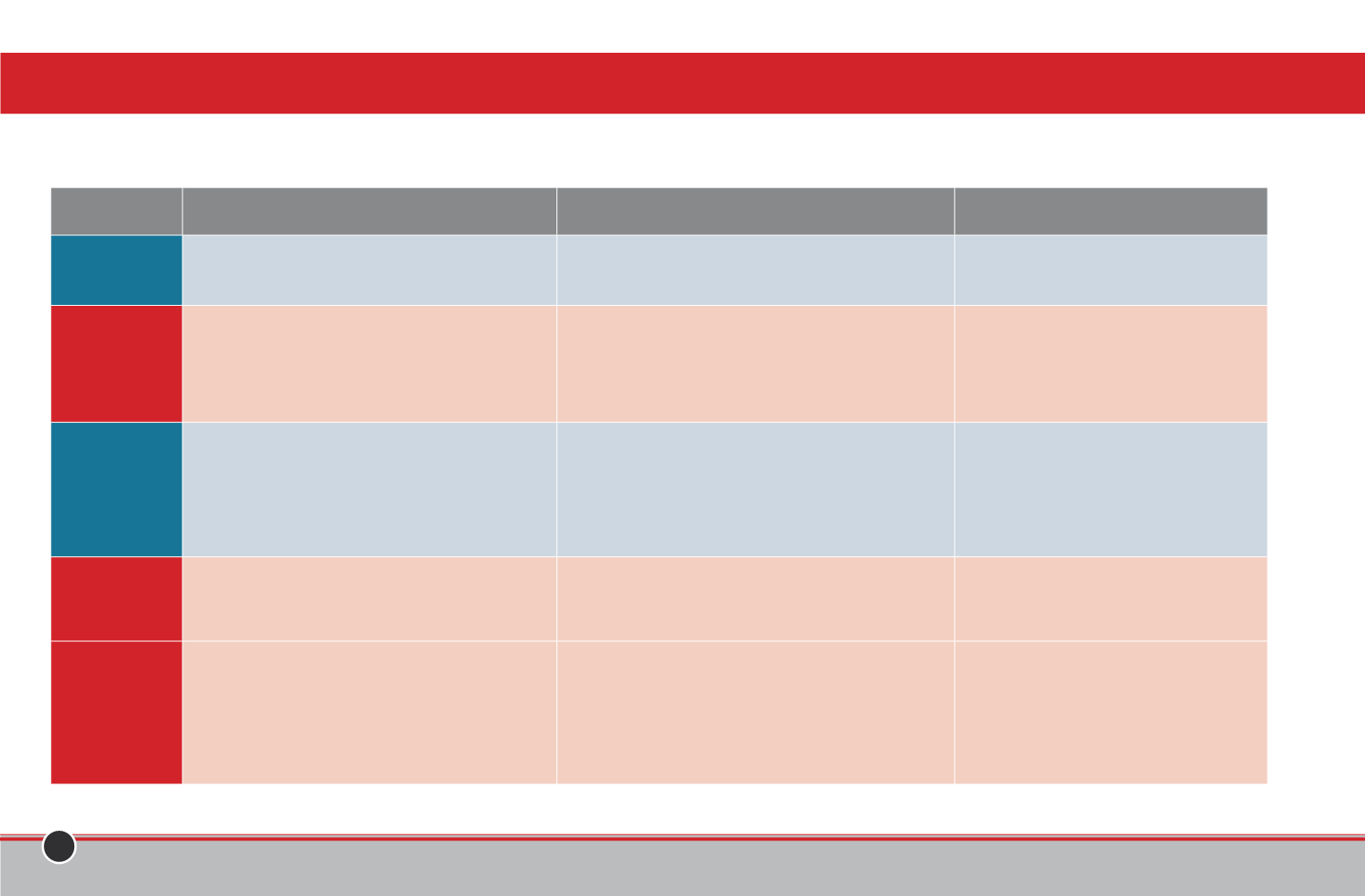
CAO HANDBOOK ENTRY 2017
12
Option
Definition
Advantage
Disadvantage
ON-CAMPUS
FULL-TIME
STUDY
Students are on campus or in work placements
for most of the year. Lectures and tests take
place during the day.
Easy access to facilities such as libraries and
computer rooms. Plenty of contact with other
students and easy access to student social life.
The most expensive option, especially
if you stay in residence. Not normally
compatible with full-time employment.
PART-TIME
STUDY
Some on-campus programmes are available on
a part-time basis, and are taught either in the
evenings or one day a week.
Can be combined with full-time employment. Offers
all the advantages of on-campus study.
It takes a year or two longer to complete
the degree or diploma than when
studying full-time. When combined with
full-time employment, this route is very
hard work, especially for those who also
have family commitments.
DISTANCE
LEARNING
(HOME
STUDY)
Students work at their own pace using study
material at home. They write assignments, which
they submit to institutions by post or email.
Often tutors are available to offer assistance by
phone or online, as well as at occasional lectures/
tutorials. Some distance learning institutions have
local facilities for those who live nearby.
Students can study in their own home – they do not
have to travel. Less expensive than on-campus study.
Compatible with commitments such as employment.
Some students find it difficult to motivate
themselves without regular face-to-face
contact with lecturers.
PRIVATE
COLLEGES
Private higher education institutions offer a viable
alternative to public education.
Qualifications are accredited and registered against
the same regulations as those in public institutions.
Private colleges may offer full-time or part-time study
or distance learning or a combination.
Private college study is usually more
expensive than studying at a public
funded institution and financial aid may
not be available.
TVET
COLLEGE
STUDY
Technical Vocational Education and Training
(abbreviated TVET) comprises vocational,
occupational and Artisan education and training as
offered by TVET colleges.
A very wide range of courses/programmes that have
been developed to respond to the scarce skills needed
by employers are offered. Courses vary in duration
from a short course of a few hours to formal diploma
courses of three years. Some courses also provide
access to Higher Education studies in the same field of
study as the qualification obtained from aTVET college.
TVET college course offerings range from
NQF level 2 to 5 and in a few cases,
up to level 6. Whereas, universities
and universities of technology course
offerings range from NQF level 5 to 10.
Your Study Options
SECTION TWO STUDY OPTIONS


